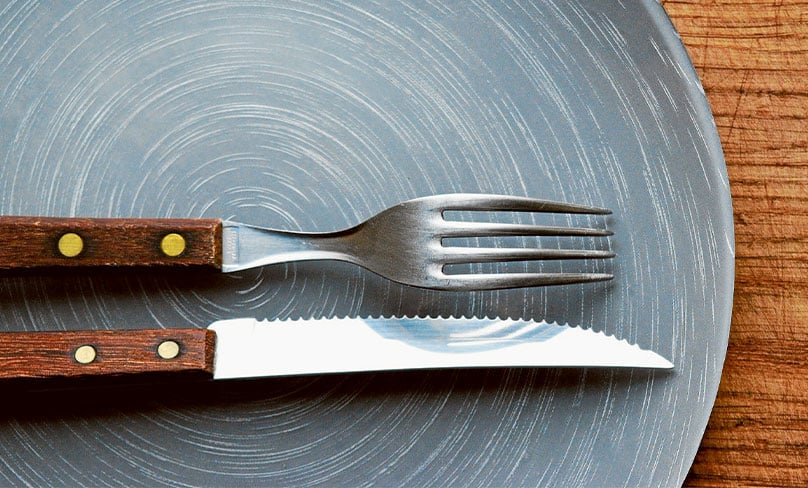
“Dear Father, Some people I know are doing penances in Lent that I find quite extraordinary and others are doing very little. They say the Church doesn’t require us to do more. How should I face this question myself?”
Let me begin by looking at what the Church has lived over the centuries. Fr Francis Weiser SJ tells us in his Handbook of Christian Feasts and Customs that from the time of the apostles every Friday was a day of fast in honour of Christ’s death on that day, and in addition many Christians lived a strict fast on Good Friday and Holy Saturday, not eating or drinking anything on those two days.
This “Passion Fast” was based on Our Lord’s words: “The days will come, when the bridegroom is taken away from them, and then they will fast in that day” (Mk 2:20).
Eventually a longer period of fasting was introduced in preparation for Easter, although its observance varied widely in the early centuries.
Related article: Karl Schmude: Lent’s subversive signs
In some places it was only during Holy Week. while in others it lasted two or three weeks, with Sundays always excepted. In the third and fourth centuries a fast of 40 days was gradually adopted in imitation of Christ’s 40 days of fasting before beginning his public ministry (cf. Lk 4:2).
St Athanasius, Patriarch of Alexandria, who had travelled to Rome and throughout Europe, wrote in the year 339 that “the whole world” fasted for 40 days at that time (Letter quoted by St Jerome, PL 22, 773).
The exact form of the fast varied but it gradually became unified. In a letter to St Augustine of Canterbury around the year 600, Pope St Gregory the Great wrote: “We abstain from flesh meat and from all things that come from flesh, such as milk, cheese, eggs” (Epist. ad Augustinum, PL 77, 1351). At that time, fish too was usually forbidden. This remained the norm for almost a thousand years, and it still is the practice in the Orthodox Churches.
In addition to abstinence from these foods, the early practice of fasting in the strict sense consisted of eating only one meal a day, towards evening. After the eighth century this meal was advanced to the hour of None in the Divine Office, around three in the afternoon, and in the 14th century it became customary to have it at midday, hence the word “noon”.
Naturally, considerations of health exempted certain persons from this strict fast. St John Chrysostom wrote around the end of the fourth century: “If your body is not strong enough to continue fasting all day, no wise man will reprove you; for we serve a gentle and merciful Lord who expects nothing of us beyond our strength” (Gen. Hom., X, 1; PG, 53, 82).
In the ninth century the Benedictine monks, who worked hard in the fields, began to have a little piece of bread and something to drink in the evening, and it gradually became the custom for everyone to have a light meal in the evening.
The practice of breaking the fast with breakfast in the morning is of recent origin, dating to the early nineteenth century.
Related article: Sydney launches Lenten app
Before the Second Vatican Council adults fasted on all the 40 days of Lent, eating only one full meal and two smaller meals, and they abstained from meat on Ash Wednesday and the Fridays of Lent, as they did on all Fridays of the year.
At present, all that is required by the Church is fasting and abstinence from meat on Ash Wednesday and Good Friday. Pope St John Paul II, in his Wednesday audience address on 7 March 1984, commented on this requirement, saying that it “should be considered the absolute minimum; a whole style of penance should accompany the living out of a life of faith and be made concrete in precise acts, the fruit of generosity.”
And in an address to the clergy of Rome on 17 February 1994, he said: “I do not know whether our other brothers, even our Orthodox Eastern Brothers, are in a stronger, more consistent position on this point than we are. Not to mention the Muslims, who have their “Ramadan”; certainly the Jewish faith is very observant on this point, in this regard. Sometimes I think that we are lagging behind the others.”
So it is up to each of us to decide what we will do in Lent, but let us be generous!
